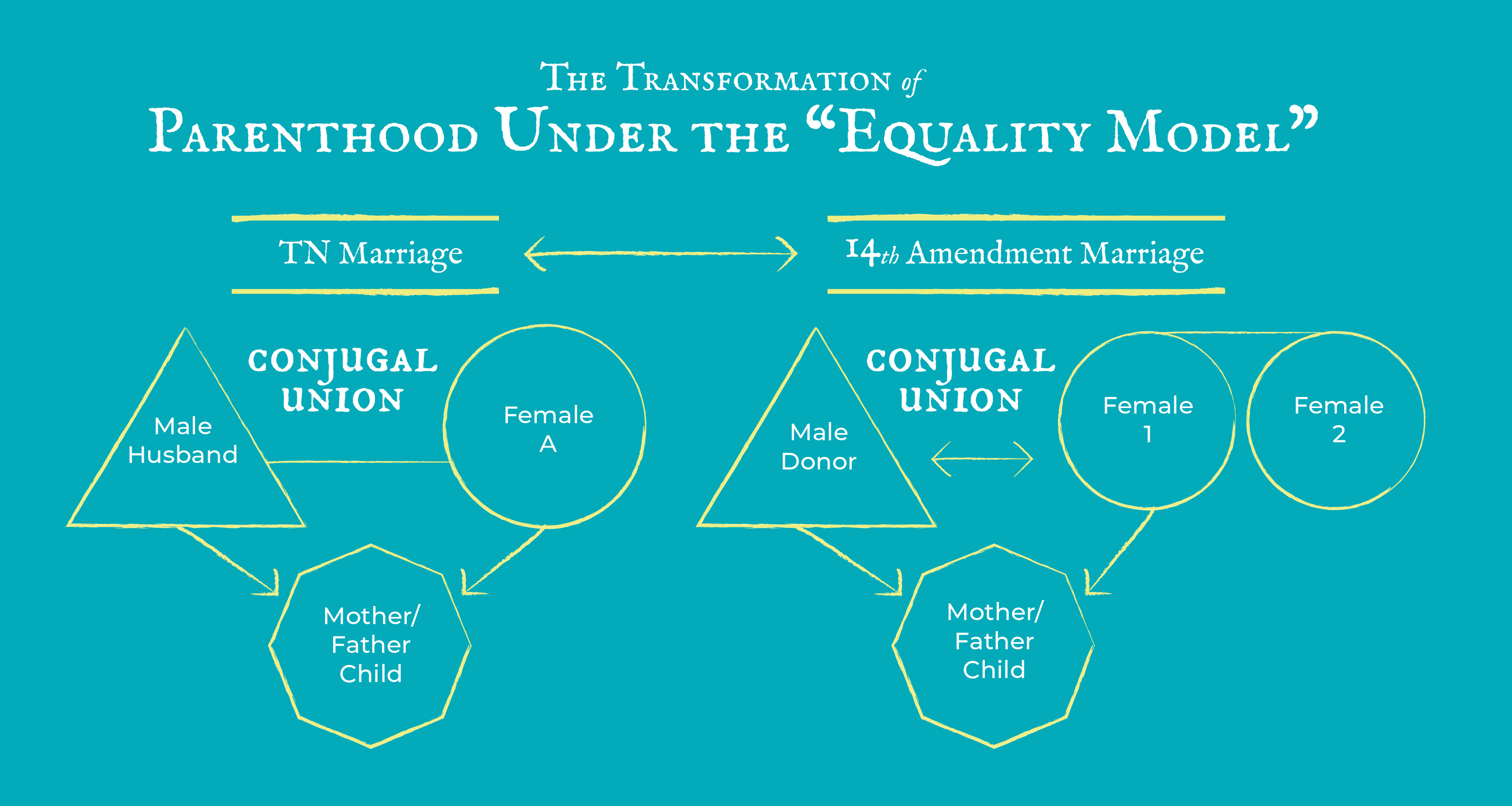Expand Answer
In fact, if that’s all marriage is—a word we give to government-approved relationships by which we allocate government benefits—then, as Chief Justice Roberts said in his own Obergefell opinion, there is no reason that marriage can’t involve more people.
Here’s what he wrote:
But, if marriage is God-given, then civil government lacks the authority to redefine its parameters. In that case, civil government’s only role is to secure the rights and enforce the duties that a man and woman assume when they enter into a marital relationship.Although the majority randomly inserts the adjective “two” in various places, it offers no reason at all why the two-person element of the core definition of marriage may be preserved while the man-woman element may not. Indeed, from the standpoint of history and tradition, a leap from opposite-sex marriage to same-sex marriage is much greater than one from a two-person union to plural unions, which have deep roots in some cultures around the world. If the majority is willing to take the big leap, it is hard to see how it can say no to the shorter one.
This is what distinguishes the holdings in Obergefell from the decision in Loving v. Virginia, in which the U.S. Supreme Court held unconstitutional a law that made interracial marriage a criminal offense. Ethnicity was never an element of marriage, not even in the Bible,1 so allowing a man and woman of different ethnicities to marry did not redefine the nature of the marital relation. Ethnicity was added as a constitutive element of marriage by civil government's licensure laws because racial purity had become more important to some people than the couple’s unity in Christ.
If, however, the legal definition of marriage makes the sex of the parties irrelevant, there are lots of other things in regard to this new form of marriage that will have to be redefined in law, because all family-related laws were enacted on the assumption that only a male and female could marry. Those changes will, in return, reconfigure the social order in significant ways.
[1] It is true that, in the Old Covenant, God’s chosen people were not to marry outside the covenant community, but that was not a matter of racial purity, because God “has made from one blood every nation of men to dwell on all the face of the earth” (Acts 17:26, NKJV). Rather, it was a matter of covenantal succession as the people with whom God had chosen to covenant Himself (Deuteronomy 7:6 and 14:2; Psalm 135:4; Psalm 78:37 and 89:3, NKJV). The primacy of this issue carries over into the New Covenant in the command that the two not be “unequally yoked” (2 Corinthians 6:14, NKJV).



Social Issues